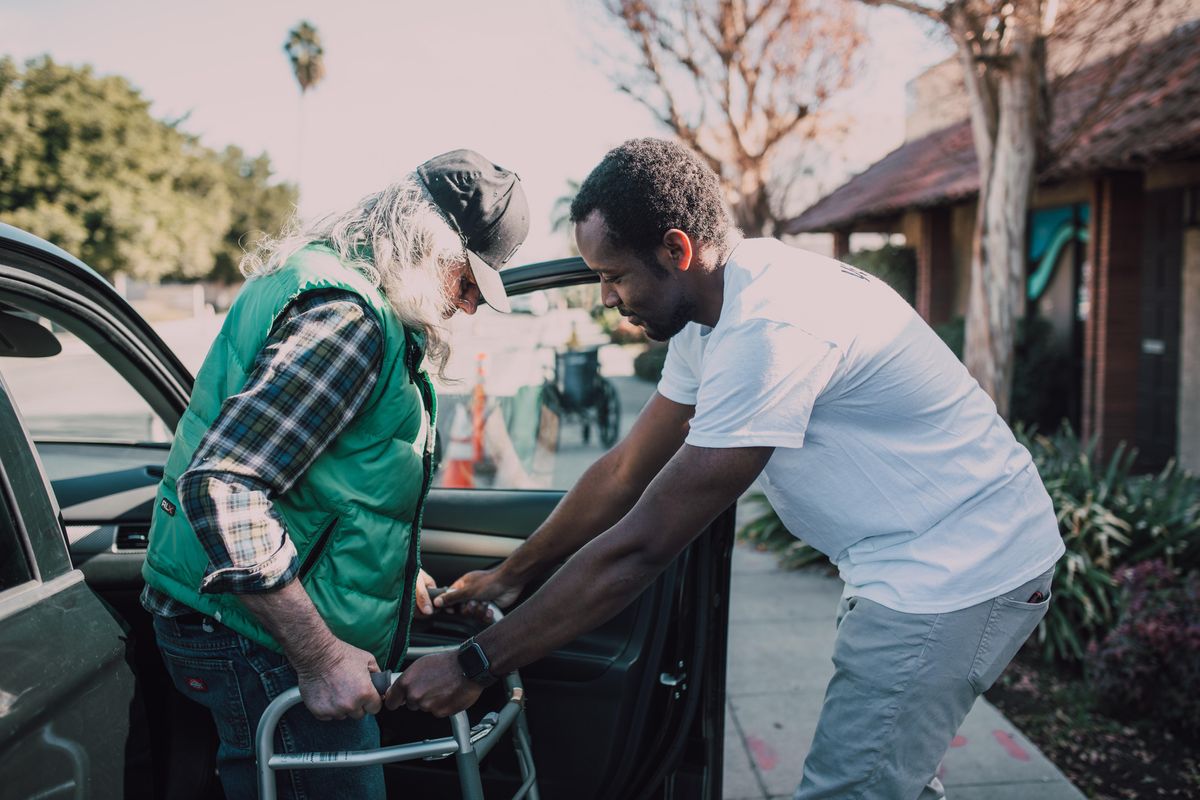
These days, when someone does a good deed it’s common for people to react by saying, “It’s great to see there are still some good people in this world.” The implicit message is that Americans used to be more helpful to one another but at some point in history things changed and we stopped looking out for our neighbors.
It’s easy to think that way given the media’s negativity bias and all the talk about living in a “divided country” where we are pitted against one another because of race, sexual orientation, political views, economic status, region and religion.
However, a new study published in American Psychological Association’s Psychological Bulletin has found that Americans are more likely to help a stranger now than they were in the 1950s.
“Many people believe U.S. society is becoming less socially connected, less trusting and less committed to the common good,” Yu Kou, the lead author of the study and a professor of social psychology at Beijing Normal University, said in a press release.
The researchers analyzed 511 studies conducted between 1956 and 2017 that featured more than 63,000 participants. The meta-analysis found a gradual increase in cooperation among strangers of 19.81% across the 61 years.
“One intriguing implication of these findings is that while Americans’ cooperation has increased over time, their beliefs about others’ willingness to cooperate has actually declined,” the journal article states.

The notion that Americans are more cooperative with one another in 2022 than they were in the 1950s may come as a shock to those who relish the idea that America was at its greatest when the country was more homogeneous and rural.
The reason we’ve become more cooperative with one another will also bother those who feel the country has become more callous because of an increase in individualism. The study points out that an increase in individualism and urbanization may be the biggest reason that we’ve become nicer.
The study notes that “individualists are more likely to interact with strangers” and have a “greater generalized trust in others.” It also cites prior research that “has already found that individualists, compared to collectivists, are more likely to cooperate when interacting with strangers.”
States with a greater number of individualists also “tend to have higher levels of general trust, more donations to charity, and more time spent on volunteering for the community.”
The study provides a much-needed counternarrative to the popular notion that America is on an irreversible moral decline and that we lack the cohesiveness to solve the country’s most important issues.
“If this optimism has some realism, then we are in a much better position to tackle national and global challenges that take the form of public goods, such as the management of refugees, responses to a pandemic, reducing climate change, and the conservation of resources,” according to the journal article.
The findings are a great example of why we should all be more skeptical about the narratives that those in power use to try and shape our collective reality. But more importantly, it gives us another reason to celebrate and promote America’s original promise that the more diverse the country becomes and the freer we feel to pursue our own individuality, the greater things can be for everyone.
I bet that if we started telling Americans the real story about our country we’d do a much better job at setting differences aside and fixing our most pressing problems.
